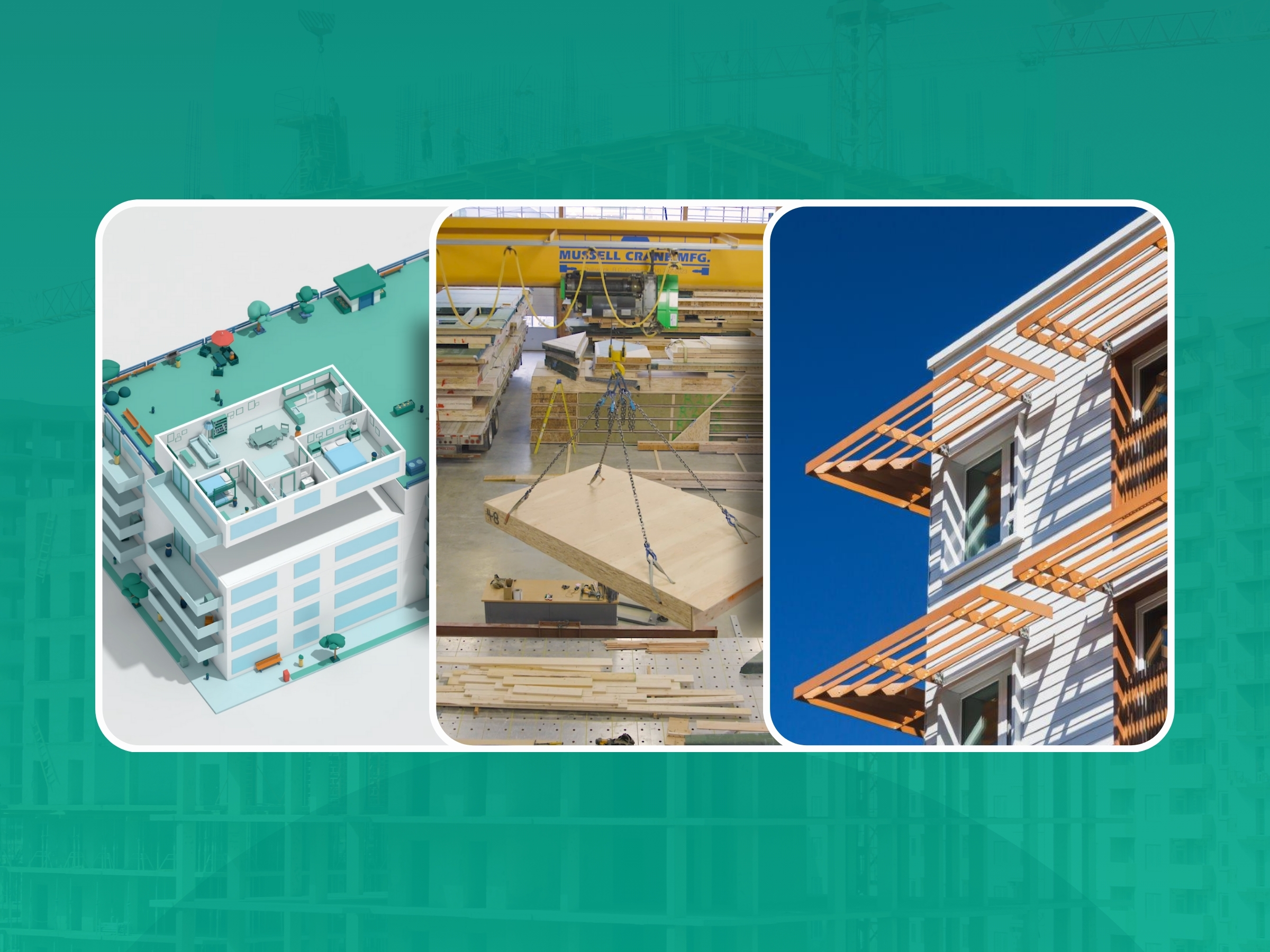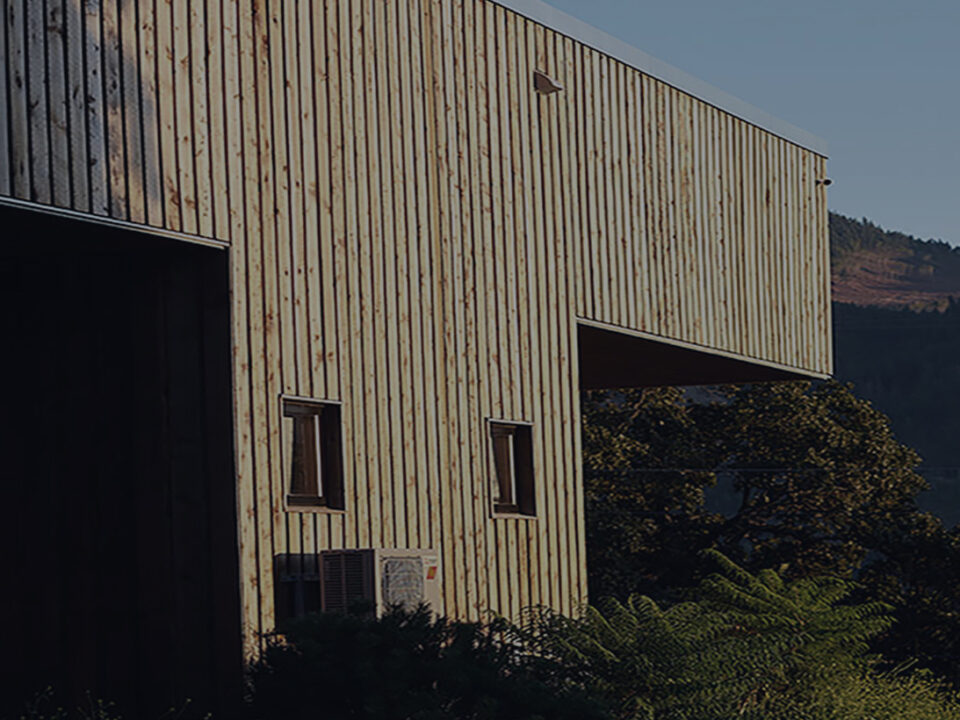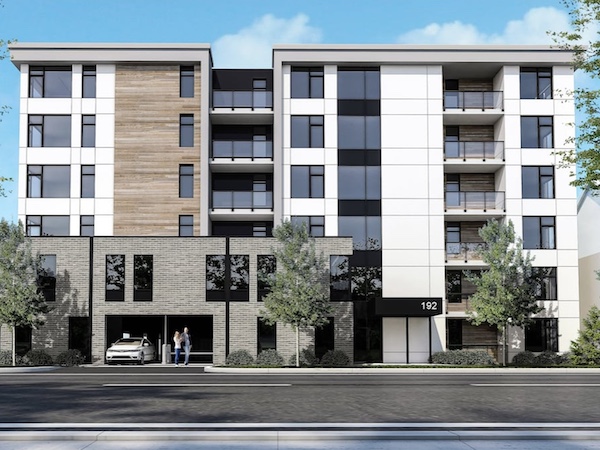The $426M sector you’ve never heard of

Who are the key influencers of Mass Timber construction?
July 30, 2020Canadians know construction. The $170 billion industry employees some 1.4 million people in every community and city across the country. And yet, there remains room for improvement in this mainstay industry – arguably one of our oldest and one of our most traditional.
Numerous studies have shown that around half of the value of an average construction project is wasted in terms of time, materials and energy. At the same time, BC’s construction industry is demanding better, safer, energy-efficient, and more affordable construction materials, processes, and technology through regulations like the BC Energy Step Code, the introduction of mass timber, and other trends. This is all motivating the industry to accelerate its shift from analog to digital processes to improve efficiency and reduce waste. Thankfully, new tech has unlocked new efficiencies in the form of the emerging contech sector – defined by McKinsey and others as the “application of innovative technologies in construction that can be used to improve the way that structures are planned, designed and built, as well as the manufacturing and transportation of its components.”
While contech is poised to ride the massive wave of opportunity and change catalyzed by the convergence of tech and construction, there remains a chasm of general knowledge and communication between these two industries. It is crucial for economic developers as well as the broader industry at large to know and understand the current state of Vancouver’s emergent construction technologies if we hope to have any success or efficiency in bridging these gaps and unleash the contech potential in our region.
To this end, Lara Azarcon and Felippe Calcado from the BCIT Sustainable Business Leadership recently completed an environmental scan and analysis of the contech ecosystem in Vancouver for Scius Advisory Inc. and the Vancouver Economic Commission. The project used McKinsey & Company’s 2017 research on the emerging boundaries and networks define contech as a lens through which to explore companies and initiatives in Vancouver, and here are a few highlights.
The research found 66 contech companies in the region – and discovered that those with primary operations or headquarters in Vancouver generate $426 million (CAD) annually as of March 2020.
There are nine public companies with a global presence on the list, as well as many other startups and small and medium enterprises (SMEs) active within Metro Vancouver and British Columbia. These sell both to traditional construction companies and to newcomers to the field. Some of the global competitors are staple brands in the construction industry, including CAT Equipment and Oracle. Despite their not being Vancouver-founded, a solid understanding of these companies and their services is valuable, as any innovation they generate will be viewed as less risky by construction players at the earliest stages of technology adoption.
The Contech Ecosystem in Metro Vancouver
Within the data collected, five distinct clusters emerged: robotics and internet of things (IoT), modularization, digital twinning, analytics, and software development.
What’s Next
The research speaks loud and clear: the future adoption of contech will be critical to meeting the major challenges fascinating the construction industry, including labour shortages; a changing policy environment; and financial pressures to increase efficiencies. And yet, even the most advanced players in Vancouver’s construction industry will face the headwinds of short-term thinking, risk aversion, and structurally low investments in research and development.
We now know contech has a fledgling hold in Vancouver’s booming tech and construction industries. And yet its growth is intimately linked to the success of the latter and represents a massive opportunity in new expansion for the former. To seize on this opportunity and raise the performance of this whole sector, Scius Advisory, VEC and partners throughout the industry, aim to amplify the impacts of this project by:
- Extending this research to new and related sectors that connect with contech, such as mass timber supply chains
- Creating and maintaining databases and other resources to better connect companies together across industries
- Bridging, and where needed, creating networks to create long-term relationships and alignments
- Researching and advocating for policies and programs that can accelerate adoption of contech
For insight and context into each of these five contech sub-groups, be sure to read the summary white paper on contech in Vancouver available here.




